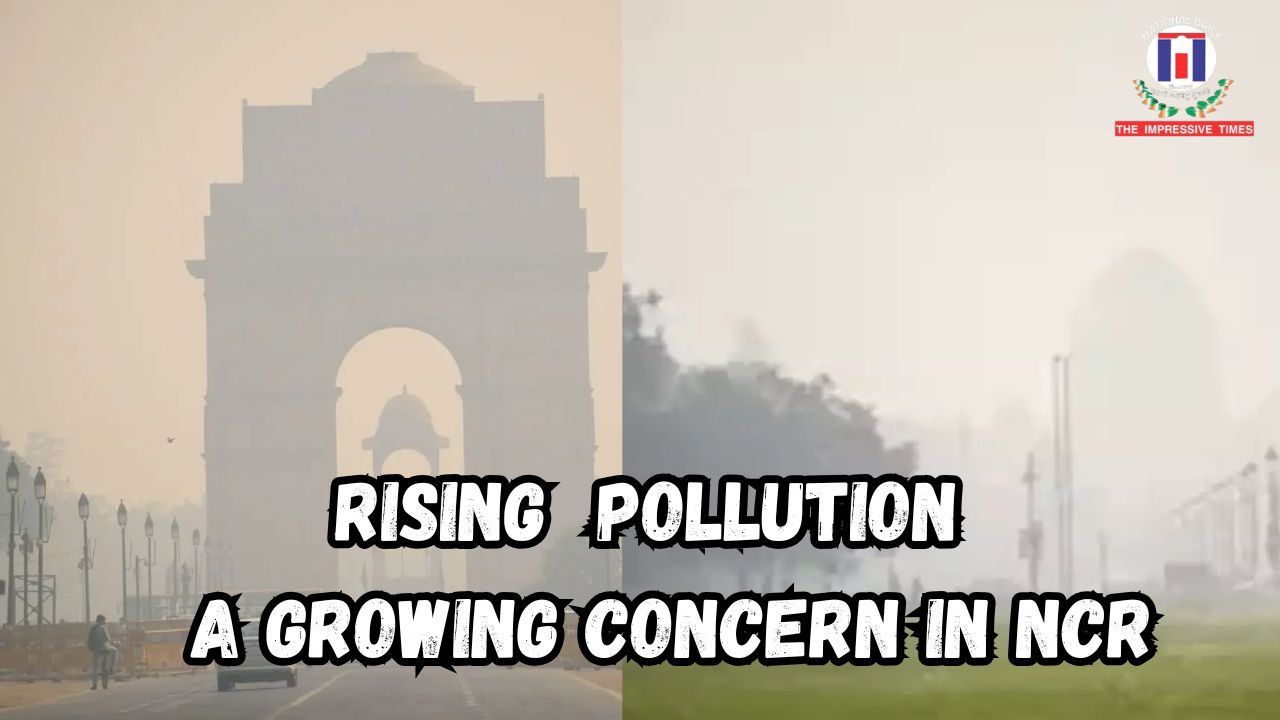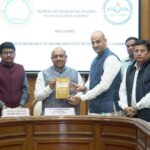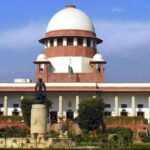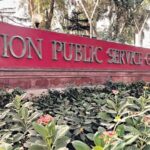
New Delhi, November 27, 2024- As pollution levels in the National Capital Region (NCR) continue to surge, residents are grappling with its profound impact on daily life. The Air Quality Index (AQI) in many parts of NCR has remained in the “severe” category for several days, raising alarms about public health and lifestyle adjustments in the region.
Adapting Daily Routines
With air quality deteriorating, residents have started altering their routines to minimize exposure to hazardous air. Morning walks and outdoor activities are being replaced with indoor exercises, and masks designed specifically to filter out harmful particles have become an essential part of daily attire.
Families with young children and senior citizens are particularly affected. “We avoid stepping out unless it’s absolutely necessary,” says Priya Malhotra, a resident of Noida. “Our children have started complaining of breathing issues, and it’s concerning.”
Impact on Health and Productivity
Healthcare professionals report a significant rise in cases of respiratory illnesses, asthma, and eye irritation. “The high pollution levels are not just affecting physical health but also mental well-being,” says Dr. Ravi Sharma, a pulmonologist in Gurugram. “Patients frequently report fatigue, headaches, and a general decline in energy levels due to prolonged exposure.”
The pollution crisis has also impacted productivity, with many offices offering work-from-home options. Schools in some areas have shifted to online classes as a precautionary measure.
Demand for Cleaner Alternatives
The pollution spike has driven a surge in demand for air purifiers, indoor plants, and organic products. Local markets and e-commerce platforms report increased sales of purifying plants like areca palms, money plants, and snake plants. Similarly, eco-friendly practices such as carpooling, cycling, and the use of electric vehicles are gaining traction among environmentally conscious citizens.
Government Measures and Public Participation
Authorities have implemented several measures, including restrictions on construction activities, enhanced road sweeping to control dust, and temporary shutdowns of polluting industries. However, experts emphasize that public participation is equally vital.
“Reducing vehicular emissions, avoiding firecrackers, and supporting green initiatives are small but impactful steps everyone can take,” says environmentalist Anjali Verma.
Looking Ahead
While the pollution crisis demands immediate solutions, long-term strategies such as afforestation, sustainable urban planning, and transitioning to renewable energy sources are crucial to address the issue at its root.
For now, as the NCR battles rising pollution, residents are learning to adapt their lifestyles to ensure safety and well-being amid this pressing environmental challenge.















No Comments: